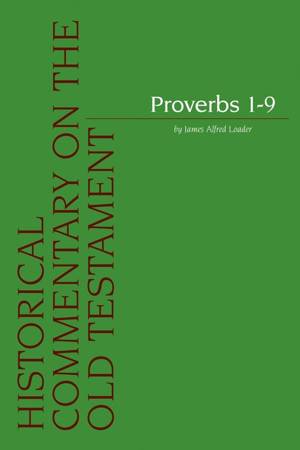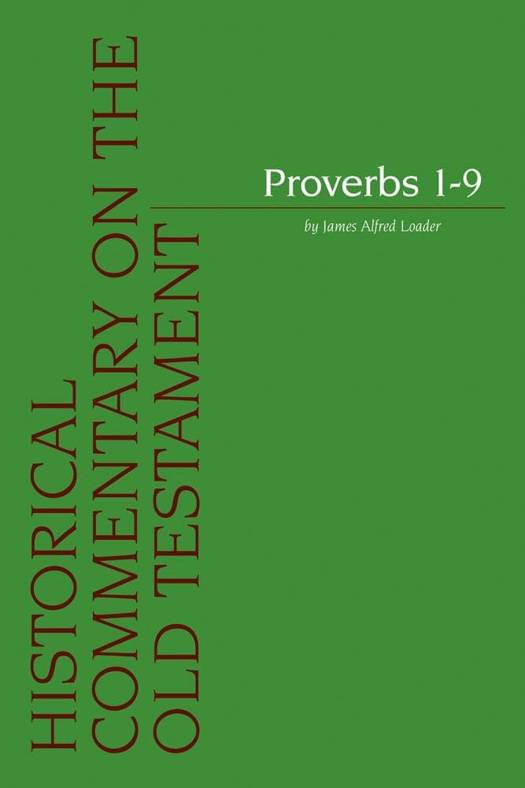
Je cadeautjes zeker op tijd in huis hebben voor de feestdagen? Kom langs in onze winkels en vind het perfecte geschenk!
- Afhalen na 1 uur in een winkel met voorraad
- Gratis thuislevering in België vanaf € 30
- Ruim aanbod met 7 miljoen producten
Je cadeautjes zeker op tijd in huis hebben voor de feestdagen? Kom langs in onze winkels en vind het perfecte geschenk!
- Afhalen na 1 uur in een winkel met voorraad
- Gratis thuislevering in België vanaf € 30
- Ruim aanbod met 7 miljoen producten
Zoeken
€ 157,95
+ 315 punten
Omschrijving
Written within the historical-critical paradigm, this commentary on Proverbs 1-9 ventures to overcome the bifurcation of "historical" and "literary" perspectives in biblical interpretation. Avoiding novel propositions about composition as well as claims for alternative reading strategies, it strives to take the text seriously at the philological, structural and compositional levels in order to indicate the book's amplitude and potential. This is done in dialogue with recent and traditional Jewish and Christian readings. The self-description of Wisdom, which has had a hugely eventful reception in the history of Christian doctrine, is particularly striking in this respect. Usually taken to fit uncomfortably into Israel's "salvation history", the universal scope of the edited poems directs the reader's eye beyond the history of one nation and turns wisdom's putative dearth into a theological asset. The sages knew the limits of their practical advice and aimed it at ethically living the Fear of God.
Specificaties
Betrokkenen
- Auteur(s):
- Uitgeverij:
Inhoud
- Aantal bladzijden:
- 435
- Taal:
- Engels
- Reeks:
Eigenschappen
- Productcode (EAN):
- 9789042931442
- Verschijningsdatum:
- 4/11/2014
- Uitvoering:
- Paperback
- Formaat:
- Trade paperback (VS)
- Afmetingen:
- 160 mm x 239 mm
- Gewicht:
- 675 g

Alleen bij Standaard Boekhandel
+ 315 punten op je klantenkaart van Standaard Boekhandel
Beoordelingen
We publiceren alleen reviews die voldoen aan de voorwaarden voor reviews. Bekijk onze voorwaarden voor reviews.









